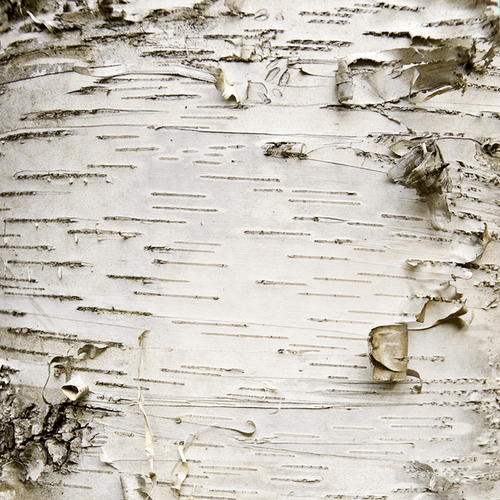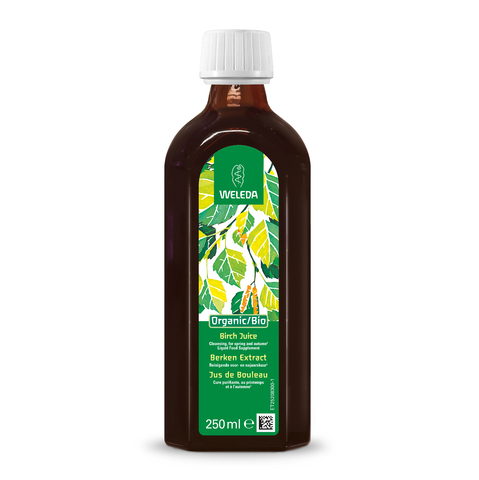
Birch
Scientific names: Betula pendula, Betula verrucosa, Betula pubescens, Betula alba
Family: Betulaceae
Alternate names: Abedul, Arbre de Sagesse, Betula, Betulae folium, Biole, Bois à Balais, Boulard, Bouleau Blanc, Bouleau Odorant, Downy Birch, Sceptre des Maîtres d'École, Silver Birch, White Birch
Actions: Diuretic, Immunologic
Background
Birch (Betula pendula) is a type of tree native to Europe and parts of Asia. The leaves, bark, and buds of the tree are used as medicine.
Birch leaves contain chemicals that increase water loss through the urine. Its leaves also contain antioxidants and vitamin C.
People sometimes use birch for hair loss, joint pain, kidney stones, and many other conditions, but there is no good scientific evidence to support these uses.
Birch leaves contain chemicals that increase water loss through the urine. Its leaves also contain antioxidants and vitamin C.
People sometimes use birch for hair loss, joint pain, kidney stones, and many other conditions, but there is no good scientific evidence to support these uses.
Safety Safety definitions
When taken by mouth: Birch is possibly safe when used appropriately. It seems to be well-tolerated, but it can cause allergic reactions in some people.
When applied to the skin: Birch is possibly safe when used for up to 2 months, but it can cause allergic skin reactions in some people.
Allergy to wild carrot, mugwort, celery, and other spices: Birch pollen might cause allergies in people who are sensitive to wild carrot, mugwort, and celery. This has been called the "celery-carrot-mugwort-spice syndrome." Birch pollen might also cause allergies in people who are sensitive to certain other plants, including apples, soybeans, hazelnuts, and peanuts.
High blood pressure: Birch leaf might increase the amount of salt (sodium) in the body. This can make high blood pressure worse.
When applied to the skin: Birch is possibly safe when used for up to 2 months, but it can cause allergic skin reactions in some people.
Special Precautions & Warnings:
Pregnancy and breast-feeding: There isn't enough reliable information to know if birch is safe to use when pregnant or breast-feeding. Stay on the safe side and avoid use.Allergy to wild carrot, mugwort, celery, and other spices: Birch pollen might cause allergies in people who are sensitive to wild carrot, mugwort, and celery. This has been called the "celery-carrot-mugwort-spice syndrome." Birch pollen might also cause allergies in people who are sensitive to certain other plants, including apples, soybeans, hazelnuts, and peanuts.
High blood pressure: Birch leaf might increase the amount of salt (sodium) in the body. This can make high blood pressure worse.
Effectiveness
Effective Effectiveness definitions
There is interest in using birch for a number of purposes, but there isn't enough reliable information to say whether it might be helpful.
Dosing & administration
There isn't enough reliable information to know what an appropriate dose of birch might be. Keep in mind that natural products are not always necessarily safe and dosages can be important. Be sure to follow relevant directions on product labels and consult a healthcare professional before using.
Interactions with pharmaceuticals
It is not known if Birch interacts with any medicines. Before taking Birch, talk with your healthcare professional if you take any medications.
Interactions with herbs & supplements
There are no known interactions with herbs and supplements.
Interactions with foods
There are no known interactions with foods.
vital.ly has licensed monographs from TRC Healthcare.
This monograph was last reviewed on 03/10/2024 10:00:00 and last updated on 04/12/2020 02:02:26. Monographs are reviewed and/or updated multiple times per month and at least once per year.
Natural Medicines disclaims any responsibility related to medical consequences of using any medical product. Effort is made to ensure that the information contained in this monograph is accurate at the time it was published. Consumers and medical professionals who consult this monograph are cautioned that any medical or product related decision is the sole responsibility of the consumer and/or the health care professional. A legal License Agreement sets limitations on downloading, storing, or printing content from this Database. No reproduction of this monograph or any content from this Database is permitted without written permission from the publisher. It is unlawful to download, store, or distribute content from this site.





